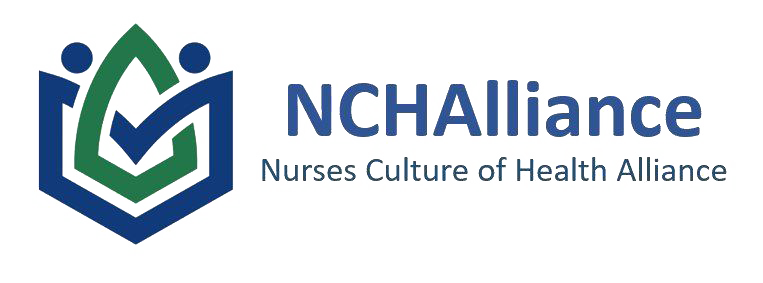Please call to leave a voicemail, or send an email to get in touch with us. | SMS/Text messages are not currently supported. | Thank you for choosing NCHAlliance!
Legislation
Legislators in states across our nation meet the need to provide sickness care utilizing both innovative and traditional approaches. In Massachusetts, the healthcare law includes a series of algorithms designed to provide compensation according to established benchmarks, for healthcare delivery by a range of healthcare providers treating symptoms of disease and life-threatening illnesses. Incentives and rewards for living healthy lives are not readily discernible among its provisions. Transparency characterizes the Massachusetts legislation.
Essential elements of independent nursing practice: Person, Health, Environment, Nursing
A specific nursing theory is identified and adopted depending on the stage of development of the specific practice. Stages of development are assessment and/or identification of the following:
- population served;
- environment where practice will take place;
- level of health of the population or individuals for whom nursing care is being planned.
- RN competence and confidence in the level of nursing knowledge development and nurse's competence in the area of nursing practice.
Those four ideas or concepts are common to all nursing theory, whether grand theory or middle-range theory. Therefore, they form the conceptual framework for nursing practice, known as Nursing's Metaparadigm.
Experience demonstrates that the process of assessing feasibility of establishing an independent nursing practice must
precede adoption of a nursing theory.
Generic Blueprint for Establishing Independent Nursing Practice
A detailed plan of action that can be used to develop and implement the delivery of population-focused, community-based nursing care. Nurse entrepreneurs are encouraged to provide leadership in their communities using this or a similar framework to provide community nursing care that focuses on health promotion, prevention and management of chronic illnesses.
The six steps of the blueprint below were used to successfully establish a nurse-managed health center in a Massachusetts community:
1. Assess and identify the desirability and feasibility of an initiative from a general perspective;
a. Define the need as specifically as possible at the outset.
b. Explore suitable locations where nursing services can be provided.
c. Identify potential funding sources, private and public.
2. Identify community stakeholders
a. Assemble an Advisory Group
b. Designate a Leader
c. Define roles and responsibilities of the Advisory Group
d. Consider consultation with a business advisor.
3. Develop a Nursing practice model, which will be managed by a Registered Nurse
a. Policies and procedures for the Nursing Center
1. Hours of operation
2. Staffing
3. Technology for Computerized Health Records
4. Oversight, by the Advisory Group where indicated
b. ANA Scope and Standards of Practice specific to level of specialized care delivered.
c. Publicize and recruit RN nurse manager
4. Identify viability with measurable outcomes of care consistent with the specific mission and vision of the Nursing Center.
5. Formulate methods to systematically evaluate the effect of health services on the population and community served.
6. Analyze, review, revise, and disseminate findings of study to the community and funding sources.
Phone: (413) 345-5257 | Email: Ellie@NCHAlliance.org | Business Hours: Mon - Fri: 7:00 am - 7:00 pm | Sat: 7:00 am - 03:00 pm | Sun: Closed
Fully Licensed, Bonded, and Insured



